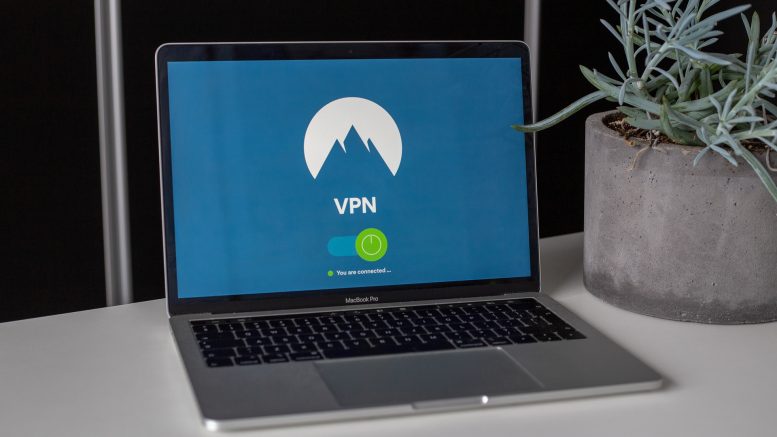Cyber attacks threaten every business of every size in the world. Hackers access sensitive information, disrupt operations, and take money from organizations through sophisticated and ever-changing techniques.
However, there are defenses available. In this article, Ravi Bahethi discusses some of the most effective ways to improve your company’s cybersecurity defenses against malicious attacks.
Take Passwords Seriously
Most hackers are not programming experts. They use the old-fashioned scamming techniques that have been around for years to break into systems. Some use email phishing methods to get password information from a company’s employees; others glean information from public and social media postings to guess passwords.
Every member of an organization should adhere to simple but strict password rules. Passwords should include multiple different types of characters and should be changed often. The same password should not be used across different programs or systems.
Secure All Networks
Every internet connection a business uses should be secured with a firewall and encryption. Any Wi-Fi network must be secure and hidden from public access. Passwords should follow the general rules you establish for your business and should be changed regularly.
Password protection is essential, but that is not enough. Your routers should be set up so that your network name is not broadcast and your SSID (Service Set Identifier) is not visible to outsiders.
Do Not Keep Information You Do Not Need, and Be Sure to Destroy it When You Do Not Need It
A significant and growing risk to businesses of all types is the danger of a data breach. The loss of private or sensitive customer information results in regulatory problems, legal liability, and immense and possibly irreparable brand damage. A simple way to reduce the risk of data breach is to minimize the amount of customer information that is retained. If there is not a compelling reason to keep credit card information, social security numbers, addresses, or any other personal information, then do not keep it.
Be certain that any old hard drives or any other storage media are professionally cleaned or destroyed when they are replaced. A simple re-format will not get rid of data.
Make Payment Processing More Secure
Consult with your bank or payment processing company to be certain that you are using the most up-to-date and secure software and systems. Your payment processing partner company will be more than happy to help be sure that you are using the best systems and practices for security.
A simple step that you can take to avoid a pitfall that has caught many small companies is to never allow the computer system that you process payments on to be used to surf the internet.
Implement a Mobile Device Security System
Mobile phones and tablets are especially vulnerable to hackers and cyber attacks. If any team member in your organization uses a mobile device to access a company network or system, be certain that they are required to password protect their devices. They should also encrypt all data passing through their device. Any lost or stolen mobile devices should be reported as well.
There are a number of useful security apps that can be installed on mobile devices to harden them against attack. You may want to consult with a systems engineer to be sure that every mobile device accessing your systems is secure.
About Ravi Bahethi
Ravi Bahethi is a systems engineer and programmer with a strong interest in all things technological. He works hard to provide his clients with customizable and cost-effective solutions and protections against cyber attacks and other threats. To relieve some of the pressure of managing Maryland-based company Terranet Inc., Ravi enjoys taking long walks and playing tennis.



Be the first to comment on "Ravi Bahethi Shares the Five Best Cybersecurity Tips for Businesses"